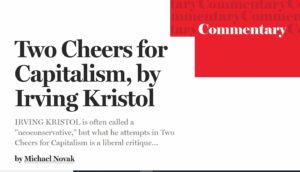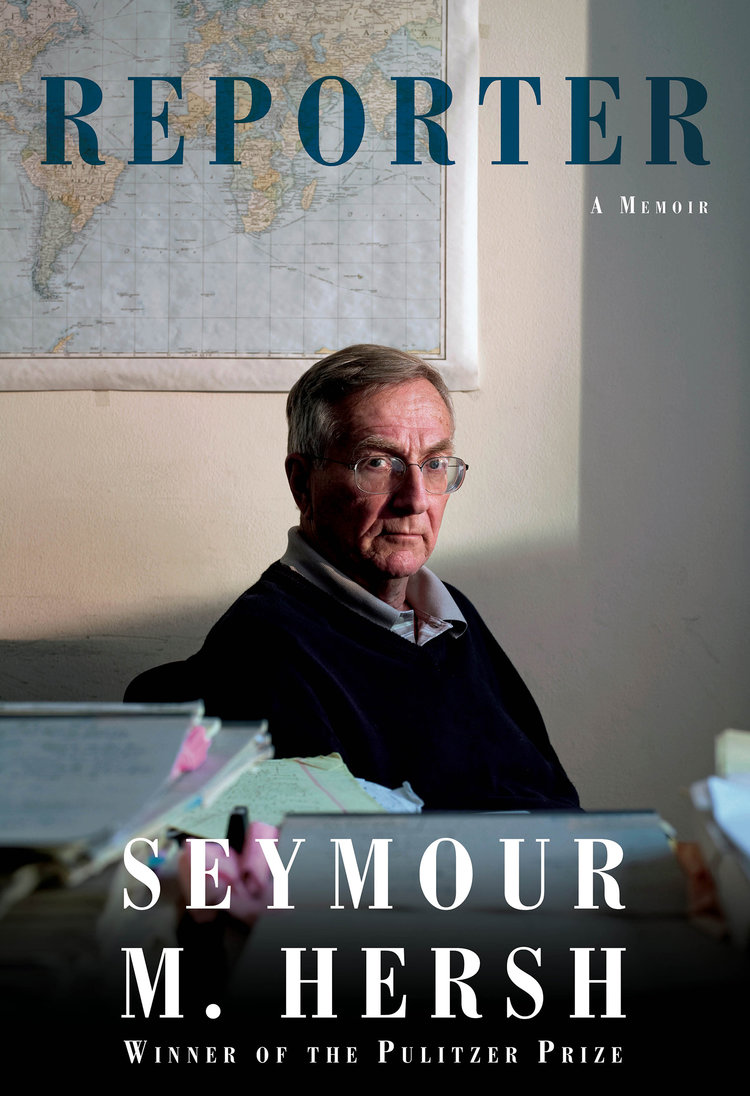
Adorno’s prohibition on war art should inform our social media posting about Ukraine, identifying when it’s useful and when the online Left should be silent.

Adorno’s prohibition on war art should inform our social media posting about Ukraine, identifying when it’s useful and when the online Left should be silent.

Deplatforming has deep flaws, and reliance on it tends to reinforce unhealthy top-down dynamics within the left.

Trump understands that to be an effective boss requires not only authority but respect for authority, and to instill such respect it is necessary to speak to working people in an obsequious and patronizing way to make it easier for them to accept the reality of what is required by the law of profit.

The nationwide general strike in France, now in its record seventh week, seems to be approaching its crisis point. Despite savage police repression, about a million people are in the streets protesting President Macron’s proposed neoliberal “reform” of France’s retirement . . .

The New York Times obituary of neocon historian Gertrude Himmelfarb shows why neoconservatives remain a potent political force in U.S. politics: many liberals can’t imagine a socialist challenge to capitalism that doesn’t apologize for authoritarianism.
The NYT’s sentimental gloss of Himmelfarb’s . . .

After a much contested election process, the largest union of journalists in North America has chosen a 32-year old reporter at the Los Angeles Times to be its new leader, in the U.S. and Canada.
Jon Schleuss helped win union recognition and a . . .

Much has been made of a supposed leftward shift in the Democratic Party over the last three years. Alexandria Ocasio-Cortez, Ilhan Omar, Ayanna Pressley, and Rashida Tlaib, four new Democratic congresswomen known as “the Squad,” began capturing widespread media attention, . . .

One of the biggest complaints leftists make about progressive activism—at least in more candid moments—is a failure to communicate effectively. Since Newt Gingrich and Fox News fundamentally changed the dynamics of political agitation in the 1990s through amping up the . . .

Earlier this week, Hong Kong had been rocked by perhaps the largest demonstration ever in the city’s history. In response to a murder case committed by a Hong Kong man in Taiwan, Hong Kong’s Legislative Council (LegCo) proposed a bill . . .

The 21,000-member NewsGuild, an affiliate of the Communications Workers of America (CWA), is a rarity in organized labor. It’s one of the few national unions that lets all members vote for its top officers, instead of choosing them at a convention . . .

When Nicaraguan president Daniel Ortega announced coming changes to his country’s social security system on April 18 of last year, small-scale protests in Managua against the government’s response to a wildfire in the Indio Maiz Biological Reserve had been ongoing . . .
 Here is a timeline of how the mainstream U.S. capitalist media has covered the issue of Trump’s financial ties with the Russian mafia capitalist class. This timeline is significant, because it provides a clue to the thinking of the mainstream of the U.S. capitalist class as well as how that thinking is now changing.
Here is a timeline of how the mainstream U.S. capitalist media has covered the issue of Trump’s financial ties with the Russian mafia capitalist class. This timeline is significant, because it provides a clue to the thinking of the mainstream of the U.S. capitalist class as well as how that thinking is now changing.
 Seymour Hersh. Reporter: A Memoir. Knopf, 2018. 368 pp.
Seymour Hersh. Reporter: A Memoir. Knopf, 2018. 368 pp.
Writing in 1940, George Orwell opined in a review of a Bertrand Russell book that “we have now sunk to a depth at which the restatement of the obvious is the first duty of intelligent men.” Much the same can be said about the more than fifty-year career of journalist Seymour Hersh, whose pioneering exposés of the lies of the Great Powers report and affirm facts that follow Orwell’s dictum.

Reflecting on the days I spent as a delegate during the AFT national convention in Pittsburgh (held July 13-16), I was reminded of the fall of the Berlin Wall and the collapse of Soviet Communism in 1989-90. No one predicted it, and it seemed to come out of nowhere. But peace activists in the West who organized international support for struggles of dissidents in the Soviet Union and Eastern Europe saw the social ferment.

Alex Pareene, first of Wonkette, then Gawker, then Salon, then back to Gawker, then a stillborn First Run Media project, and now Splinter News is a great pundit.

Over the past few years, the following sequence has occurred often enough to have become a familiar pattern.
May First/People Link is being attacked in a Denial of Service attack that is unprecedented in its length and viciousness. We have been fighting off this attack for over three weeks now.
We are convinced that the attack is political. We know how the attackers are targeting us, we know they are targeting the entire organization’s systems and we know that they are carefully monitoring our responses because they are quickly adapting to every move our technologists make to return us to service.
Joseph Daher is a member of the Revolutionary Left Current in Syria. He is the writer and editor of Syria Freedom Forever, syriafreedomforever.wordpress.com, a blog dedicated to the struggle of the Syrian people in their uprising to overthrow the Assad authoritarian regime and to build a democratic, secular, socialist, anti-imperialist, and pro-resistance Syria. A Ph.D. student in Development, he works as an assistant at the University of Lausanne in Switzerland. He was interviewed in Geneva on October 22, 2014, by New Politics board member Riad Azar, with some email updates. For additional questions on Kobanê and Turkey, see the New Politics website here.
Review of Sons of Wichita: How the Koch Brothers Became America’s Most Powerful and Private Dynasty
By Daniel Schulman
Grand Central Publishing/Hachette Book Group, 2014
The mainstream media was never true to its pretension of comforting the afflicted and afflicting the comfortable—which was Gilded Age humorist Finley Peter Dunne’s point—but there were exceptions, and exceptional practices. “Accountability reporting,” or investigative reporting, is one of them.
Review of Savage Portrayals: Race, Media and the Central Park Jogger Story
By Natalie Byfield
Temple University Press, 2014